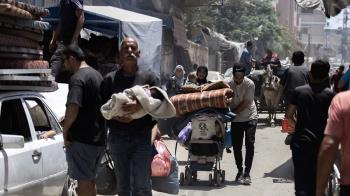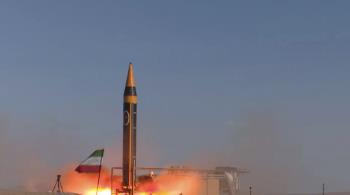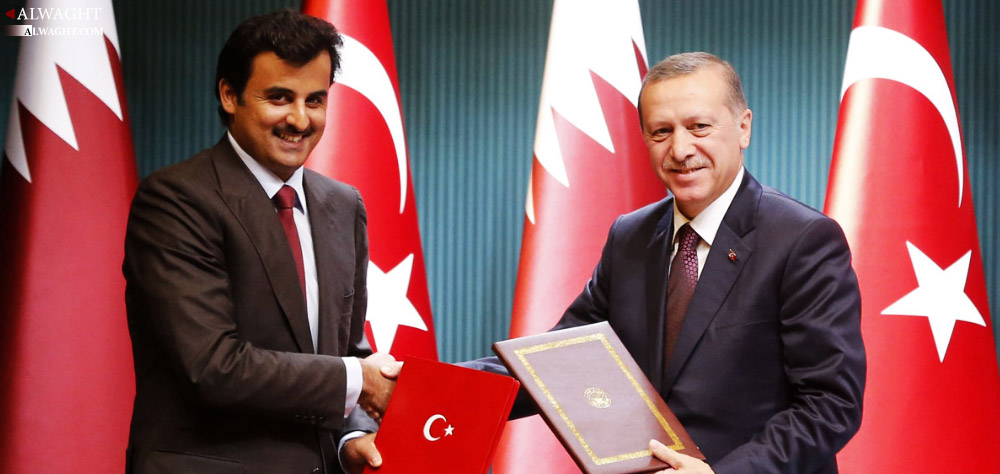Alwaght- Qatar is Turkey's key ally in the Persian Gulf region as the two countries enjoy close political, military, and economic relationship.
When the Saudi-led Arab regimes in early June abruptly severed diplomatic ties and fueled a diplomatic crisis with Qatar, Doha and Ankara became even more engaged in close relations, making Turkey take huge economic profits from the Arab gaps.
Turkey’s Minister of Customs and Trade Bulent Tufenkci has recently reported that since June 5 that Saudi Arabia, Egypt, Bahrain, and United Arab Emirates sanctioned Doha, the Turkish exports to Qatarhas risen to $32.5 million, three times as much as post-sanction period.
Furthermore, Mustafa Satici, the head of the West Mediterranean Exporters Association, a Turkish trade union established with the aim of increasing the country’s exports, has said that the fruit and vegetables exports to Qatar hit record levels, transcending $379.861 million. The new record that covers early May to mid-June has grown 724 percent in comparison to the same period last year.
Abdel Rahman Can, the head of Independent Industrialists and Businessmen Association (MUSIAD), a non-governmental organization consisting of small and mid-sized businesses, has predicted rise of his country’s trade with Qatar to beyond $5 billion in the coming years. He further assured that MUSIAD with its 11,000 companies could meet all of the Qatari needs.
The Turkish Economy Minister Nihat Zeybekci said on Friday that only during the first 37 days of Arab regime's blockading of Doha, Turkey sent 197 cargo planes, 16 trucks, and a ship of exported goods to Qatar. The shipments, he maintained, included daily-used goods with long-term life.
"We want to meet all of Qatar's needs. We want all good providers in Turkey to sell products, including cleaning materials, domestic appliances, and textile, in Qatar," Zeybekci stated on Friday.
Zeybekci further noted that using cargo planes to carry goods was “not sustainable”, and that Turkey was eyeing continuing its exports to Qatar through Iranian land routes.
He said he and his Qatar counterpart will discuss with their Iranian counterpart land trade routes on the sidelines of the oath-taking ceremony of the Iranian President Hassan Rouhani on Sunday August 5.
"Shipment by sea will gain importance. We foresee that at least four large tonnage ships would go to Qatar monthly but the land route is an alternative for carrying flexible and smaller packages," Zeybekci was quoted by the Turkish media as saying.
Following the recent Persian Gulf crisis and the Turkish reactions to it, Birce Borca, an online journalist with the Aljazeera English service, quoted Can Kasapoglu, a defense analyst from Turkey’s EDAM, as saying that the Turkish deployment of military forces to its Qatar base “suggests that Turkey sees its defense ties with Qatar as an indispensable pillar of its strategic posture in the region.”
By establishing its military base in Qatar and now dispatching forces to there Ankara seeks solidifying the notion that Qatar is Turkey’s strategic depth in the Arab world.
Quoting Kadir Ustun, the executive director of the SETA Foundation in Washington DC, Bora explained that increasing Turkish presence in Qatar at this point is an attempt to “reassure Qatar.”
This military deployment deters any possibility of military action against Doha. Founded in 2014, they military base is now hosting nearly 5,000 Turkish troops. Actually due to friendly relations of Turkey with other Arab states, especially Saudi Arabia that spearheads the anti-Qatari campaign of sanctions, Ankara will stifle any military campaign against Doha and thus no more escalation will spark in the already-messy region.
Can Kasapoglu further stated that Turkey has always viewed Qatar as a significant strategic ally in the West Asia region and through its Qatar base wants to “demonstrate this view.”
Furthermore, Ankara sees Doha as its strategic projection asset amid the Arab world crises quagmire. Many analysts, like Atilla Yesilada of the Istanbul's Global Source Partners, assert that the Turkish military base in Qatar is largely a “symbolic gesture and nothing more.”
The deployment of forces may prove to be defiance to Saudi Arabia but Turkey puts first its strategic outlooks and interests.
Turkey has sought to make the most profit, economically and strategically, of the current Persian Gulf Arab crisis. In return for its goods exports to Qatar, Turkey has begun to count specifically on the Qatar’s massive gas reserves which are much needed to cut reliance on the Russian and Iranian gas supplies. From strategic point of view, Qatar provides Turkey with strategic depth in the Arab world and is a center of gravity to the Turkish Persian Gulf policy.
In general, Turkey’s military base in Qatar hosting 5,000 troops and holding joint military drills with Qatar’s navy after the outbreak of the tensions between Qatar and the fellow Arab states are outcomes of the strategic Ankara viewing of relations with Doha.



























